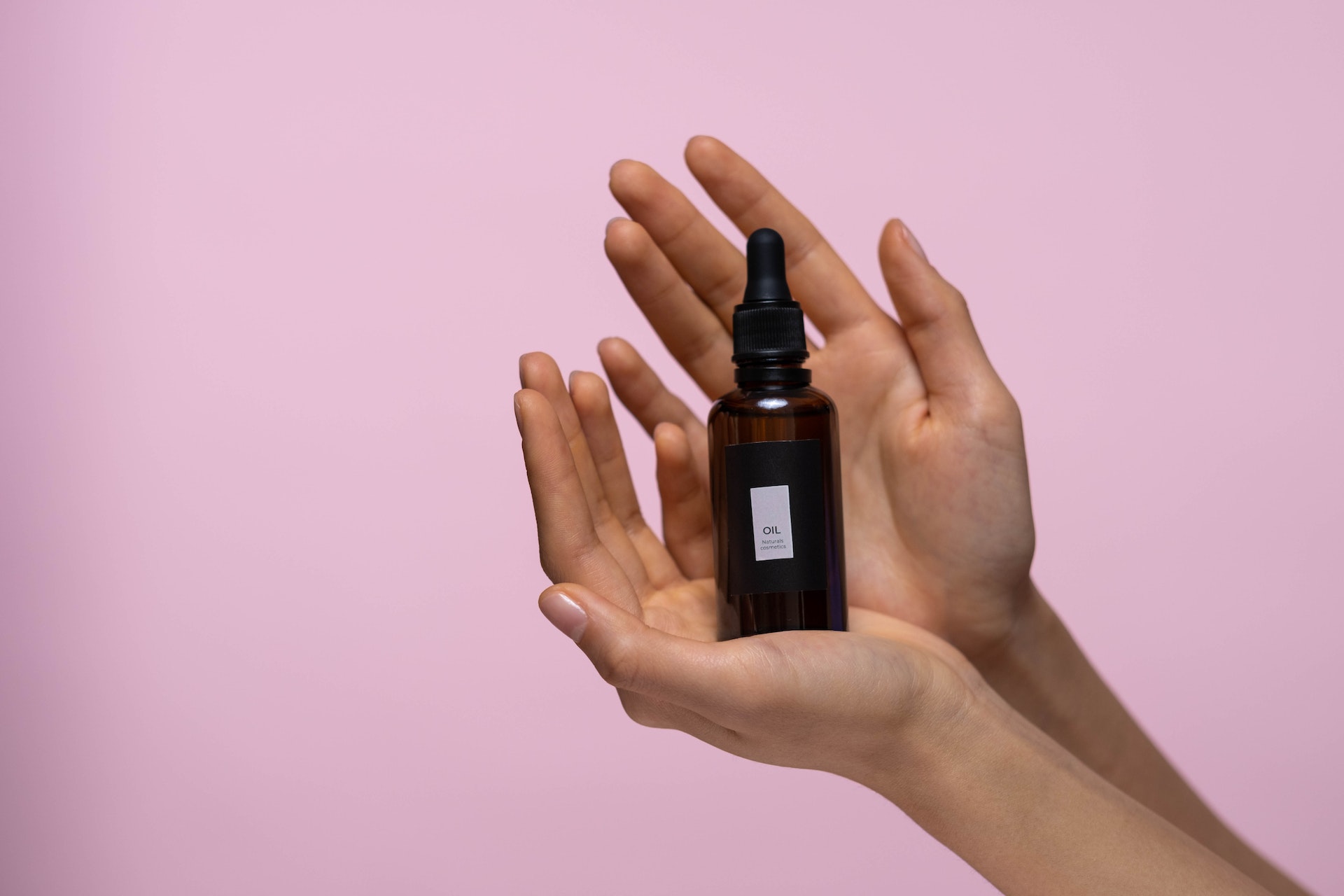From combatting dryness to tackling issues like pigmentation, a face serum is a versatile addition to your skincare regimen. This article will delve into the various aspects of face serums, from the benefits they offer to the different types available on the market.
Table of Contents
- What is a Face Serum?
- Why Use a Face Serum?
- Types of Face Serums
- Face Serums for Different Skin Types
- Ingredients to Look for in Face Serums
- How to Apply a Face Serum
- Face Serums vs. Other Skincare Products
- Common Myths About Face Serums
- Choosing the Right Face Serum
- Conclusion
1. What is a Face Serum?
A face serum is a skincare product that delivers potent active ingredients directly to your skin. Unlike moisturizers, which create a barrier on the skin’s surface, serums penetrate deep into the skin, allowing their active ingredients to work more effectively.
2. Why Use a Face Serum?
Face serums are gaining popularity for a reason. Their deep-penetrating action allows them to deliver noticeable results in less time compared to other skincare products. They can help improve the overall appearance of your skin, address specific skin concerns, and enhance the effectiveness of your other skincare products.
3. Types of Face Serums
Face serums come in various types, each formulated to address a specific skin concern. Some of the most common types include:
- Hydrating Serums: These serums contain hydrating ingredients like hyaluronic acid to help combat dryness and improve skin hydration.
- Brightening Serums: Formulated with ingredients like vitamin C, these serums help to lighten dark spots and improve skin radiance.
- Anti-Aging Serums: These serums help to reduce the appearance of wrinkles and fine lines and improve skin elasticity.
- Pore-Refining Serums: These serums help to unclog pores and reduce their appearance.
4. Face Serums for Different Skin Types
Not all face serums are created equal. Some are better suited for certain skin types. Here’s a quick guide:
- Oily Skin: Opt for a serum with ingredients like niacinamide and zinc to help regulate oil production and prevent breakouts.
- Dry Skin: Look for a hydrating serum with ingredients like hyaluronic acid to help boost skin hydration.
- Combination Skin: A balancing serum can help regulate oil production in oily areas while hydrating dry areas.
- Sensitive Skin: Opt for a calming serum with soothing ingredients to help reduce redness and inflammation.
5. Ingredients to Look for in Face Serums
When choosing a face serum, it’s important to consider the ingredients. Here are some potent ingredients to look for:
- Vitamin C: This helps brighten the skin and reduce the appearance of dark spots.
- Hyaluronic Acid: This helps hydrate the skin and improve its plumpness.
- Peptides: These help stimulate collagen production, reducing the appearance of wrinkles and fine lines.
- Niacinamide: This helps regulate oil production and reduce inflammation.
6. How to Apply a Face Serum
Applying a face serum correctly can enhance its effectiveness. Follow these steps:
- Cleanse your face.
- Apply a toner (if you use one).
- Apply a small amount of serum, gently massaging it into your skin.
- Wait for a few minutes for the serum to absorb before applying other skincare products.
7. Face Serums vs. Other Skincare Products
Face serums are not meant to replace other skincare products. Instead, they work alongside them to enhance your overall skincare routine. Unlike moisturizers and creams, serums are designed to penetrate the skin deeper to deliver active ingredients.
8. Common Myths About Face Serums
There are several misconceptions about face serums. Here are a few debunked:
- Myth: Serums can replace moisturizers. Fact: Serums and moisturizers serve different purposes. While serums deliver active ingredients into the skin, moisturizers help lock in hydration.
- Myth: All serums work the same. Fact: Different serums are formulated to address different skin concerns. It’s important to choose a serum that suits your skin type and concerns.
9. Choosing the Right Face Serum
With the myriad of face serums available on the market, choosing the right one can be daunting. Consider your skin type, your skin concerns, and the ingredients in the serum. Also, consider the brand and the price point. Remember, the most expensive serum is not necessarily the best one for your skin.
10. Conclusion
Face serums can be a powerful addition to your skincare routine. With their potent ingredients and deep-pen

